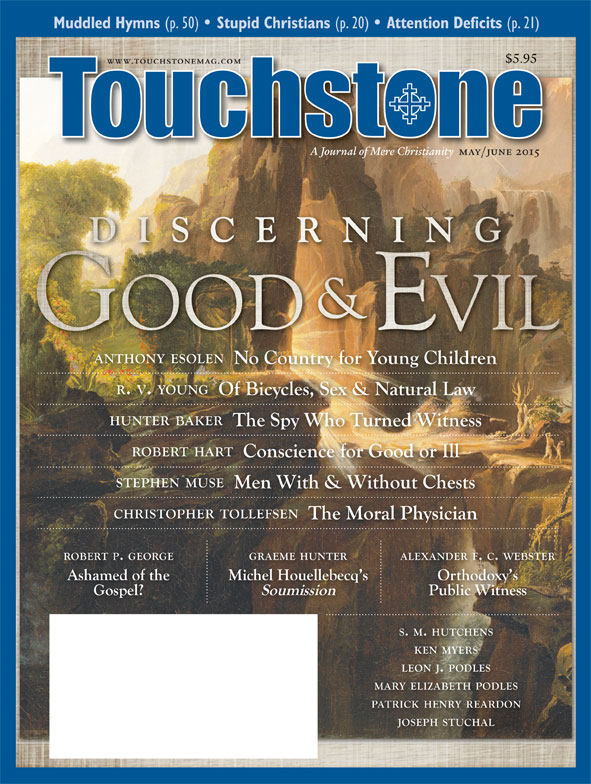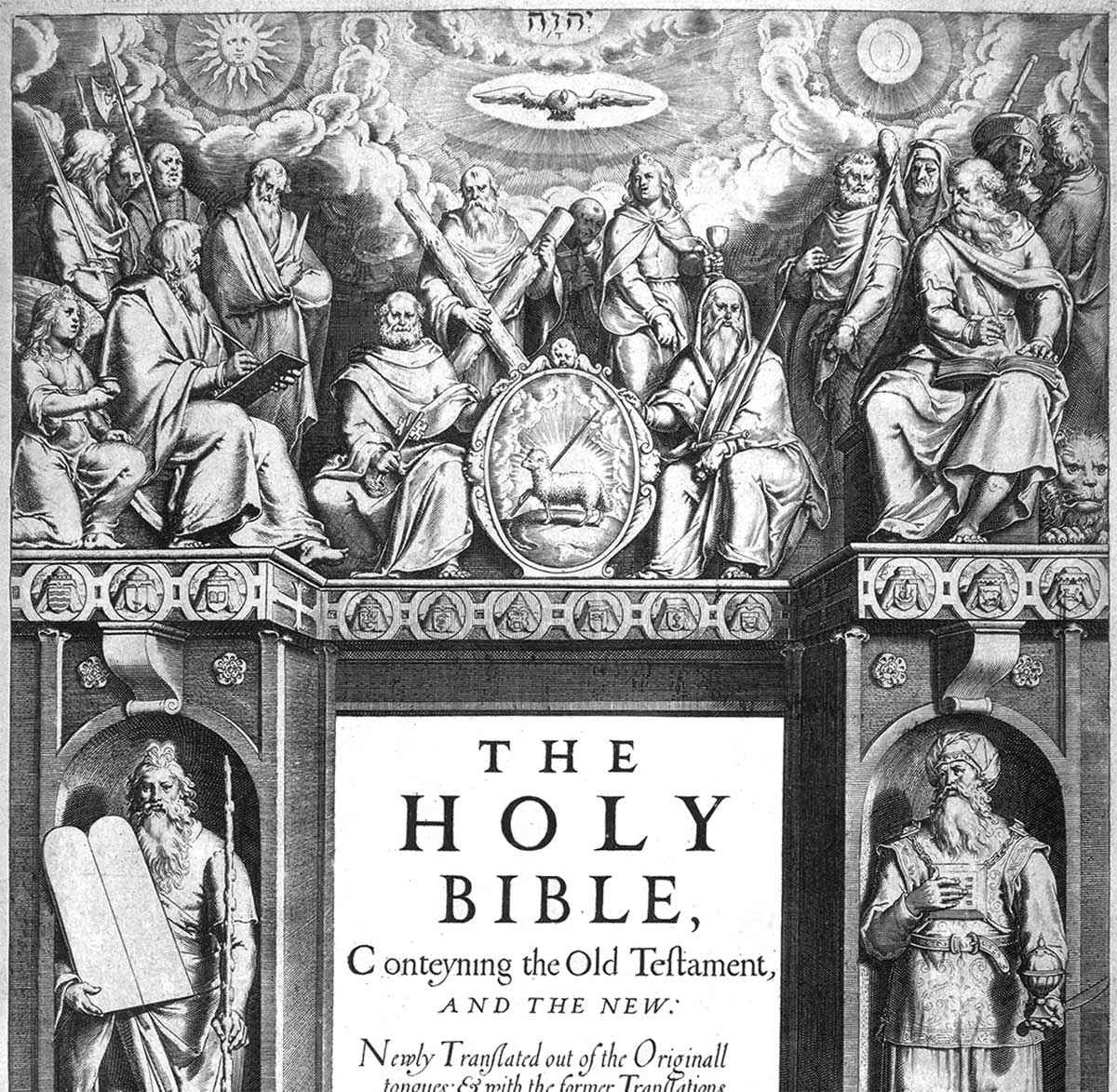Book Review
French Future Tense
Soumission by Michel Houellebecq
French and European Publications, Inc., 2015
(320 pages, $49.95, paperback)
English translation forthcoming September 2015
reviewed by Graeme Hunter
Wednesday, January 7, 2015, was a day when fact crashed into fiction. The novel, Soumission (Submission) by Michel Houellebecq, depicting a near future in which France submits to Islam, was released for publication on that day. So was a new issue of the French satirical weekly, Charlie Hebdo, with Houellebecq as the featured author.
That same morning two Islamic terrorists paid a visit to the offices of Charlie Hebdo to avenge the Islam-baiting cartoons that had appeared in the previous issue. The gunmen killed eleven people there, including the editor, a friend of Houellebecq, and wounded eleven others. Houellebecq canceled all future promotional gigs for his novel, accepted police protection, and went into hiding. Reality or fiction? Is there a difference?
The novel opens during the tumultuous days of the French presidential election of 2022. Though the election is shaping up to be a standoff between the Muslim Brotherhood and the nationalistic party of Marine Le Pen, the sclerotic left and center parties join to endorse the charismatic Muslim Brotherhood candidate, Mohammed Ben Abbes. The novel shows the rapidity, but more than that, the inevitability, and in places even the eagerness, with which France embraces its "dhimmitude" (submission to Islam without conversion) or, just as frequently, conversion itself.
The Muslim Brotherhood and its leader are fictional, but no sharp line separates fact from fiction in this story. Most of the politicians, pundits, and intellectuals involved are drawn from the actual élites in French politics, media, and academia. They act in character under their own names.

A Parable of François
Hence the difficulty of remembering, as one reads Soumission, that it's a novel. The author calls it a kind of political thriller, which accounts for its page-turning appeal. Some reviewers think it's a satire, because they only notice its mordant wit. But it would be more accurate to call it true. Not factual, I mean, but true. Like a parable.
Only the first name of the protagonist is revealed. It is François: a common French name of course, but also the old spelling of the adjective meaning "French." François is the French. He is clever and witty and well-educated. François is an expert in nineteenth-century French literature, concentrating on the novelist J. K. Huysmans, who transcended the decadent movement of his century to end his life as a Catholic writer and an oblate of the Benedictine Abbey at Ligugé.
Huysmans is François' subject; his is also, in a way, the conversion François takes it upon himself to replicate, if he can. Soumission's telling epigraph is from one of Huysmans' late novels. It describes a man who finds worship moving, but afterwards returns to his ordinary life "dry and without emotion." François learns that he is that man, and Soumission is about how a modern François lives, after coming to that conclusion.
Naturally, he looks for satisfaction in the usual places. He has leisure enough to drink and smoke a lot. His work is appreciated by as large and important a circle of academic writers as any one of their tribe can reasonably expect. His classes reliably supply him with a bedmate each September, who can also be counted on to write him with charming emotion sometime in mid-summer that she has "met" a special someone, and so will be leaving room in his bed for next autumn's successor.
When François becomes too old for this game, he finds in the short term that escorts are pretty good substitutes. But his sexual athleticism is consistent with bodily deterioration and awareness of how empty and lonely his life really is. His peers give him no fresh ideas. They, too, move between "speed-dating and a good deal of solitude." François drinks a little more, cultivates useful people, does his thing. The only human feeling left to live for is his aversion to pain.
Then comes the election of Mohammed Ben Abbes. The future of French universities and French academics looks dim. The Sorbonne closes in mid-term with no promise of reopening soon. Urban violence appears likely, and François decides to leave Paris for somewhere peaceful, an excursion that takes him away for more than a month, ultimately bringing him to the monastery where Huysmans made his conversion, at the age of 44—the very age François is when he arrives. There he learns, or thinks he learns, that the Catholic Church can no longer put itself forward as a credible alternative to the moral decadence of the times:
It cannot clearly reject homosexual marriage, the right to abortion, or women in the workplace. You have to accept the evidence: having arrived at a loathsome degree of decadence, Western Europe no longer has the means to save itself.
The Future of François
Islam, on the other hand, can credibly claim this ground, as Marine Le Pen and the National Front only wish they could. Only Islam can be sure that the Western press will meekly accept its stand, opposition to racism trumping its now flaccid support for these once-favored causes.
When women leave the work force and jobs return, when men command a wage sufficient to support a family, there will be few complaints. When men and women are allowed, and officially encouraged, to have families, when stable families become the norm, Europe will draw fresh breath. When Ben Abbes moves to establish ties with all the nations ringing the Mediterranean, recreating the ancient Roman Empire, except with France at its center and French as its language, there will be celebration in the streets. Just as Henry IV came to believe that Paris was worth a Mass, so the new "François" will believe that the new order is worth converting for.
The German edition of Soumission appeared just days after the French original and instantly became the number one bestseller. The American translation is scheduled for this September. That may be too late. Events that made Soumission so newsworthy the day of its publication may by then have been overtaken by others. Such things can happen when fiction turns so suddenly to fact, when a writing of circumstance becomes its circumstance.
But for today it is a political thriller, perhaps a satire, certainly a parable. It tells the sad tale of the life and likely future of François. •
Graeme Hunter is a contributing editor to Touchstone and Research Professor of Philosophy at Dominican University College in Ottawa. He is the author of Radical Protestantism in Spinoza's Thought (Ashgate).
subscription options
Order
Print/Online Subscription

Get six issues (one year) of Touchstone PLUS full online access including pdf downloads for only $39.95. That's only $3.34 per month!
Order
Online Only
Subscription

Get a one-year full-access subscription to the Touchstone online archives for only $19.95. That's only $1.66 per month!
bulk subscriptions
Order Touchstone subscriptions in bulk and save $10 per sub! Each subscription includes 6 issues of Touchstone plus full online access to touchstonemag.com—including archives, videos, and pdf downloads of recent issues for only $29.95 each! Great for churches or study groups.
Transactions will be processed on a secure server.
more from the online archives

15.6—July/August 2002
Things Hidden Since the Beginning of the World
The Shape of Divine Providence & Human History by James Hitchcock
calling all readers
Please Donate
"There are magazines worth reading but few worth saving . . . Touchstone is just such a magazine."
—Alice von Hildebrand
"Here we do not concede one square millimeter of territory to falsehood, folly, contemporary sentimentality, or fashion. We speak the truth, and let God be our judge. . . . Touchstone is the one committedly Christian conservative journal."
—Anthony Esolen, Touchstone senior editor









